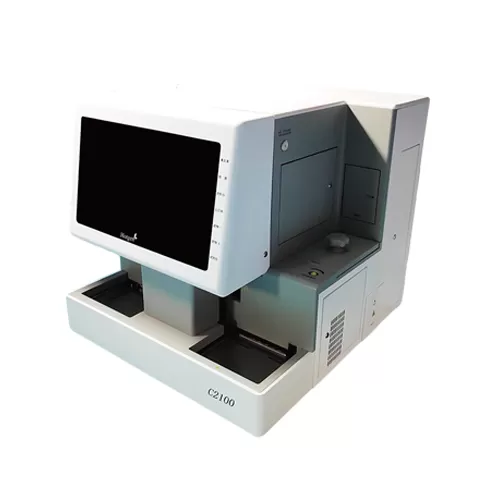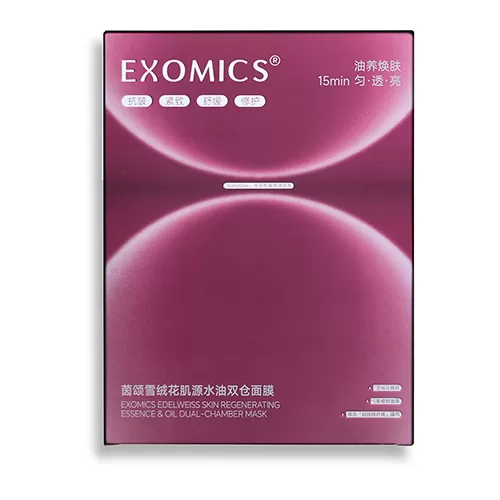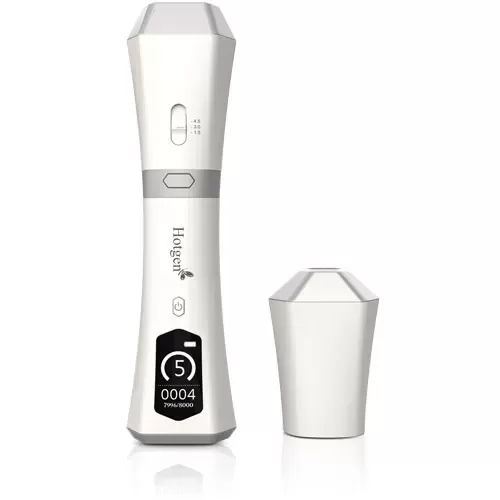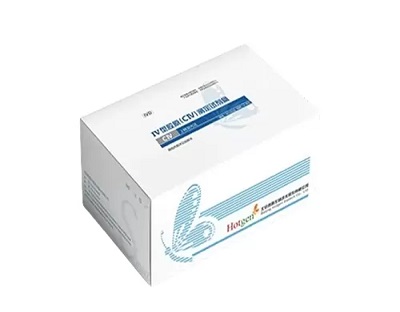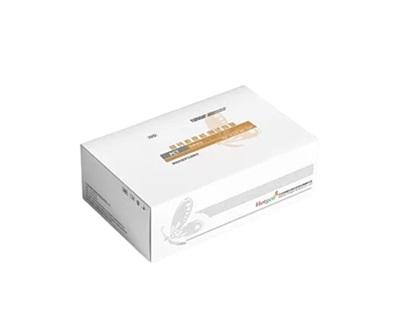In today's world of increasing global mobility and ever-more complex threats, border security is no longer just a matter of passports and customs declarations. Smart border technology is rapidly evolving, encompassing biometric verification, automated electronic gates (eGate), and now intelligent drug screening. As entry points demand more accurate and long-term drug abuse detection, Hotgen's UPT drug abuse test kits are quickly gaining recognition as a high-tech, scalable solution for modern immigration control.
The Rise of Smart Border Drug Screening
The surge in global travel has brought with it the risk of drug trafficking and drug-related crimes. Border enforcement officers face pressure to conduct effective screenings without hampering the throughput of airports and land checkpoints.
Traditional urine testing methods often fall short in real-time, high-volume screening environments because they require private collection and have a narrow detection window. This is where Hotgen's UPT technology comes into play. These test kits utilize saliva or hair samples, ideally suited for ePassports and automated customs environments, providing fast, accurate, and non-invasive drug testing.
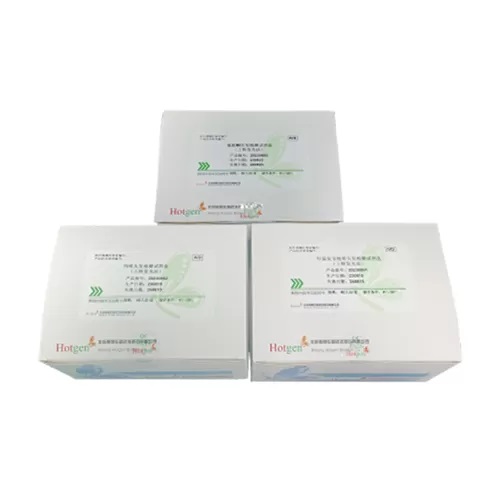
How Hair Testing Reflects Drug Abuse
Hair follicles are surrounded by a dense network of capillaries. As hair grows, drugs in the bloodstream can enter the follicles and bind with keratin, a structural protein in hair, then embed into the hair shafts. As hair continues to grow, drugs and their metabolites move along the shaft from the root to the tip.
Human hair grows at an average rate of 1 to 1.5 centimeters per month. About 3 to 5 days after drug intake, the portion of hair containing the drug grows out from the scalp and becomes detectable. Given the relatively consistent growth rate of hair, forensic analysts can estimate the timing, frequency, and quantity of drug use by analyzing different parts of a hair sample.
Unlike urine or blood tests, where drugs are usually metabolized and excreted within about 7 days, drug compounds can remain in hair for months or even years. This longer detection window makes hair drug testing particularly advantageous for identifying long-term or historical drug use, especially in border security and immigration enforcement.

Why Hotgen's UPT Hair and Saliva Drug Test Kits Excel in Border Control
Hotgen has developed high-sensitivity drug abuse test kits that are not only reliable but are also fully optimized for rapid screening environments such as immigration eGates, customs areas, and security checkpoints.
Key Features of Hotgen UPT Test Kits:
| Feature | Benefits in Border Screening |
| Hair Sample Drug Testing (UPT) | Can detect drug use from the past 7 days to 6 months, crucial for identifying long-term drug abuse |
| Saliva Testing (UPT) | Rapid results (within minutes), ideal for detecting recent use (e.g., cannabis) upon entry |
| Digital Readouts | Automated readers eliminate human error, providing standardized results suitable for legal scrutiny |
| Tamper-Proof Sampling | Hair and saliva samples are harder to tamper with compared to urine, enhancing test reliability |
| No Private Facilities Required | Both samples can be collected in public settings, allowing faster, more efficient border operations |
| Award-Winning Technology | Hotgen's UPT platform has won the Second Prize in China's National Technical Invention Award |
Hotgen currently offers UPT hair drug test kits for:
Ketamine
Methamphetamine
Morphine
And saliva tests for:
Building Smarter, Safer Borders with UPT Testing
Integrating hair sample drug screening into smart border systems marks a significant shift in combating illicit drug activities. Using Hotgen's UPT test kits, law enforcement agencies can:
Quickly and non-invasively screen travelers
Detect long-term or chronic drug abuse, not just recent use
Minimize operational disruptions during peak travel periods
Comply with international human rights and privacy standards
Unlike traditional urine-based drug abuse testing, the hair-based drug detection offered by UPT technology provides unparalleled advantages for monitoring high-risk travelers, frequent cross-border individuals, and suspected drug smugglers.
 English
English français
français Deutsch
Deutsch Español
Español ไทย
ไทย русский
русский português
português العربية
العربية Indonesia
Indonesia





